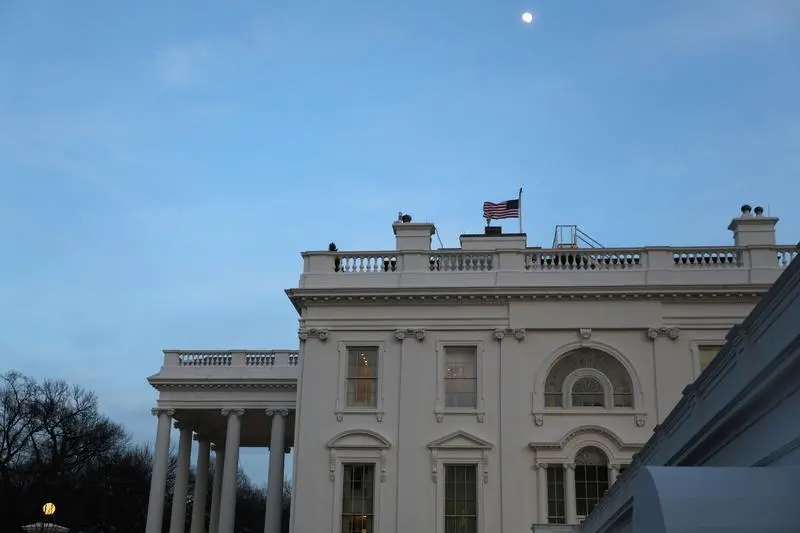PHOTO
WASHINGTON - White House hopefuls are in denial about Wall Street donors. Some Democratic presidential contenders promise to shun corporate funds. But a large war chest will be handy amid a crowded field of progressives. President Donald Trump has already raised more than $100 million for his 2020 re-election bid.
Democratic presidential candidates for 2020 are under pressure to reject big donor money. Senators Kamala Harris of California and Kirsten Gillibrand of New York are the latest entrants pledging not to form a super political action committee, which can raise and spend unlimited funds, and to shun donations from corporate political action committees. They are following a lead set by Senator Elizabeth Warren, and trying to stand out in what could be a field of over two dozen Democratic aspirants.
Corporate money and donations from the rich are a problem in U.S. politics, providing avenues of influence and leading many Americans to conclude the system is rigged. About $2.5 billion was spent in the 2016 presidential race, according to the Center for Responsive Politics. The finance and insurance industries led the way, pouring $338 million into that campaign, with $117 million going to Democratic candidate Hillary Clinton.
Trump has been raising money for his re-election since his inauguration in 2017. While a big chunk has come from small donors, casino magnate Sheldon Adelson and his wife, Miriam, have each given $5 million to the America First Action super PAC. Tech investor Peter Thiel forked over $250,000 to the Trump Victory fundraising committee.
On the Democratic side, investor Tom Steyer spent almost $92 million on Democratic candidates in 2016. He decided not to run for president in 2020 to focus on pushing for Trump’s impeachment. Other wealthy businessmen could join the fray, like former New York City Mayor Michael Bloomberg. He spent $90.5 million to help the party win a majority in the U.S. House of Representatives in the 2018 midterms.
Trump is already savvy at garnering free media attention because of his inflammatory comments. Bernie Sanders showed crowdfunding can work, raising over $250 million for his failed 2016 bid, but that’s unlikely to be a solution for a multitude of Democrats. Big money may be unavoidable to take on the reality-TV star.
CONTEXT NEWS
- U.S. Senator Kamala Harris, a Democrat from California, announced her 2020 presidential candidacy on Jan. 21. Aides told Politico that she would not form a super political action committee or accept donations from corporate political action committees. Senator Kirsten Gillibrand, a Democrat from New York, made a similar pledge about her White House bid on Jan. 16. A super PAC can raise unlimited amounts of money from a single individual, corporation or union but cannot coordinate directly with a candidate.
- Other presidential contenders, including Senator Elizabeth Warren and Congressman Julian Castro, have also rejected super PACs. In an interview on MSNBC, Senator Elizabeth Warren of Massachusetts challenged party rivals to accept only “grassroots funding” and say “no to the billionaires.”
(Editing by Tom Buerkle and Martin Langfield)
© Reuters News 2019





















